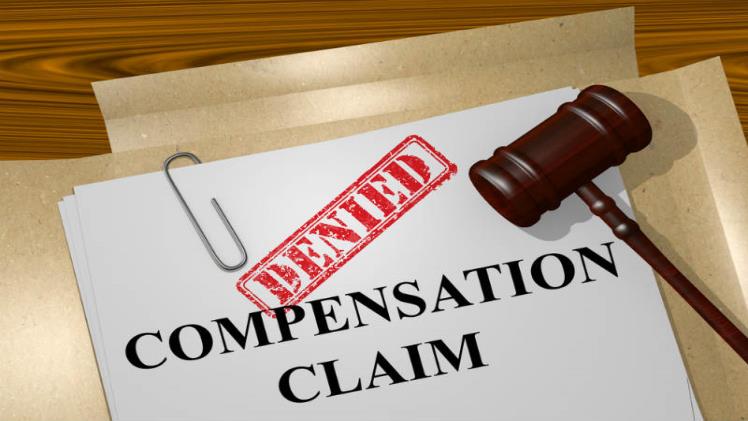Employees injured or ill from work-related activities may be entitled to workers’ compensation benefits. However, not all claims are approved, and the insurance company denies some. You must hire a lawyer in cases of Workers’ Compensation Claim Denials.
There are several reasons why a workers’ compensation claim may be denied, such as the injury not being work-related, the injury being pre-existing, or insufficient medical documentation.
Additionally, the employee may have failed to report the injury promptly or may have been under the influence of drugs or alcohol at the time of the injury. It will be beneficial for you to know the common reasons for workers’ compensation claim denials and provide insight into how employees can increase their chances of approval.
Understanding the top reasons why workers’ compensation claims are denied:
-
The injury was not work-related
An injury or illness must have arisen out of and during employment to be eligible for workers’ compensation benefits. The claim may be denied if work-related activities did not cause the injury or were not directly related to the employee’s job.
For example, if an employee is injured while on a break or during their commute to or from work, their claim may be denied as the injury did not occur while performing work-related activities.
-
The injury was pre-existing.
If an employee has a pre-existing medical condition or injury worsened by work-related activities, it can be challenging to determine if the damage is solely work-related. Insurance companies may deny the claim or offer reduced benefits in such cases.
It is important to note that employees may still be entitled to workers’ compensation benefits if their work activities significantly contributed to the aggravation of their pre-existing condition.
-
Insufficient medical documentation
One common reason for denied workers’ compensation claims is insufficient medical documentation. It occurs when the medical records provided do not establish a link between the employee’s injury and their work-related activities.
The insurance company may reject the claim without sufficient evidence, leaving the employee to cover their medical expenses. Employees must ensure their medical documentation is detailed and demonstrates the connection between their injury and work.
-
Failure to report the injury
Another reason for denied workers’ compensation claims is the failure to report the injury on time. Many states have strict reporting requirements, and failure to meet them can lead to denying benefits.
Additionally, delays in reporting can make it difficult for employers and insurers to investigate the claim, potentially leading to skepticism or suspicion about its validity. Employees should report work-related injuries as soon as possible to increase the chances of a successful claim.

